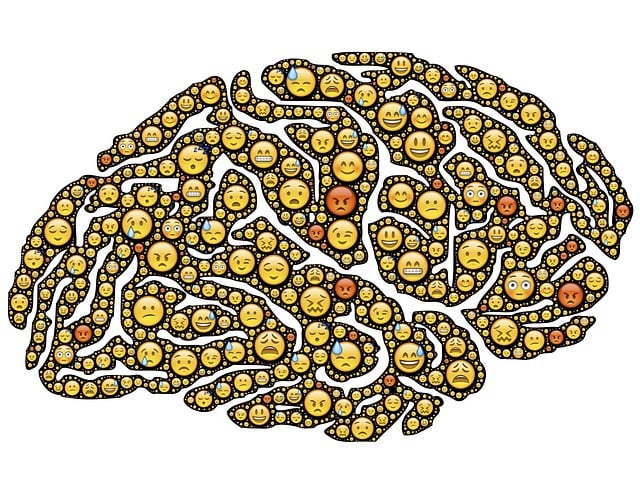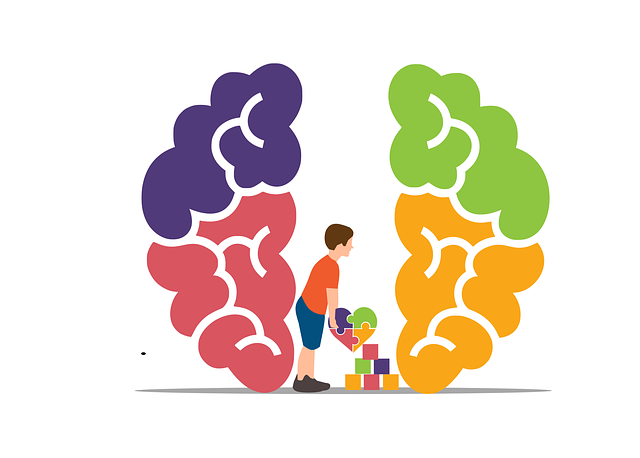Children's wellbeing is closely tied to early adoption of self-care practices, with Hebrew-speaking families increasingly turning to specialized therapy programs designed for their cultural needs. These initiatives empower kids with coping mechanisms, build resilience, and instill the importance of self-care through integrated daily routines, enhancing mental wellness and overall well-being. Tracking progress using tools like journaling or apps allows parents and caregivers to assess effective strategies and make informed decisions about Therapy for Children Hebrew Speaking, fostering open communication about emotions and promoting lifelong healthy behaviors.
“Unleash your child’s full potential by prioritizing self-care practices. In this comprehensive guide, we explore the profound impact of self-care on a child’s wellbeing, with a unique focus on Hebrew-speaking communities. Discover tailored therapy approaches and practical strategies to integrate daily self-care routines seamlessly into busy schedules. Learn from successful progress tracking methods and celebrate milestones as your child flourishes through effective Hebrew-speaking child therapy.”
- Understanding the Importance of Self-Care for Children's Wellbeing
- Identifying Unique Hebrew-Speaking Child Therapy Approaches
- Practical Strategies for Integrating Daily Self-Care Routines
- Tracking Progress and Celebrating Success in Self-Care Journeys
Understanding the Importance of Self-Care for Children's Wellbeing

Children’s wellbeing is deeply intertwined with their ability to practice self-care. In today’s fast-paced world, fostering healthy habits from a young age is essential for their mental health and emotional regulation. Self-care routines development for better mental health isn’t just about treating symptoms; it equips children with tools to navigate stress, anxiety, and other common challenges they may face.
Many Hebrew speaking families are turning to therapy for children as a means of supporting their child’s emotional well-being. Mental wellness coaching programs development specifically tailored for kids can help them learn coping mechanisms, build resilience, and understand the value of prioritizing self-care. By integrating these practices into daily life, children gain a sense of control, boost their confidence, and set the foundation for a lifetime of healthy habits.
Identifying Unique Hebrew-Speaking Child Therapy Approaches

In the realm of child therapy, recognizing and incorporating unique cultural perspectives is a game-changer for effective treatment, especially within Hebrew-speaking communities. Therapy for children speaking Hebrew involves tailored approaches that resonate with their specific backgrounds and experiences. For instance, integrating elements of traditional Jewish values and practices can create a comforting environment, fostering open communication and trust. By combining evidence-based therapeutic methods with these cultural nuances, therapists can develop powerful tools to support emotional well-being promotion techniques.
This specialized approach not only enhances the therapeutic experience but also addresses unique challenges that Hebrew-speaking children might face. For example, incorporating family dynamics and community support systems acknowledged in Jewish culture can significantly contribute to depression prevention strategies. By understanding and leveraging these cultural strengths, therapists enable self-care practices improvement, ensuring children receive culturally sensitive care aligned with their identities.
Practical Strategies for Integrating Daily Self-Care Routines

Integrating daily self-care routines into your life can significantly enhance mental wellness and overall well-being. A practical strategy is to start small, identifying just one or two activities that resonate with you and making them non-negotiable in your schedule. This could be as simple as dedicating 15 minutes each morning for mindfulness exercises or engaging in a favorite hobby that helps you unwind. Consistency is key; regular practice will soon become a natural part of your day.
Consider incorporating activities that promote stress reduction methods and mood management, such as exercise, journaling, or connecting with nature. Hebrew-speaking therapy can also be beneficial, offering specialized support for those seeking to navigate and improve their mental health. By combining these strategies, you create a holistic self-care routine tailored to your unique needs, ensuring a healthier, happier, and more balanced life.
Tracking Progress and Celebrating Success in Self-Care Journeys

Tracking progress is a vital aspect of any journey, and self-care is no exception. As children grow and develop, it’s essential to celebrate their successes and milestones in their mental health journey. This can be done through simple yet effective methods like keeping a journal or using dedicated apps that allow you to record daily activities and moods. By regularly reviewing these records, parents and caregivers can identify patterns, understand what strategies are working, and make informed decisions about the child’s therapy for children Hebrew speaking or other mental health support needs.
Recognizing progress fosters a positive mindset, encouraging kids to continue their self-care practices. Celebrating small victories can boost their confidence and motivate them to maintain healthy habits, including mindfulness meditation, social skills training, and participation in mental health education programs designed specifically for their age group. This supportive environment promotes open communication about emotions and encourages children to take an active role in managing their well-being.
Self-care is not just a trend, but an essential practice for children’s overall wellbeing. By understanding its significance and implementing tailored strategies, such as unique Hebrew-speaking child therapy approaches, parents and caregivers can empower young minds to navigate life’s challenges. Integrating daily self-care routines and tracking progress fosters a sense of accomplishment, encouraging continued growth and improvement. Through these practices, we can support children in developing healthy habits that will benefit them for a lifetime, especially those accessing specialized therapy for Children Hebrew Speaking.













